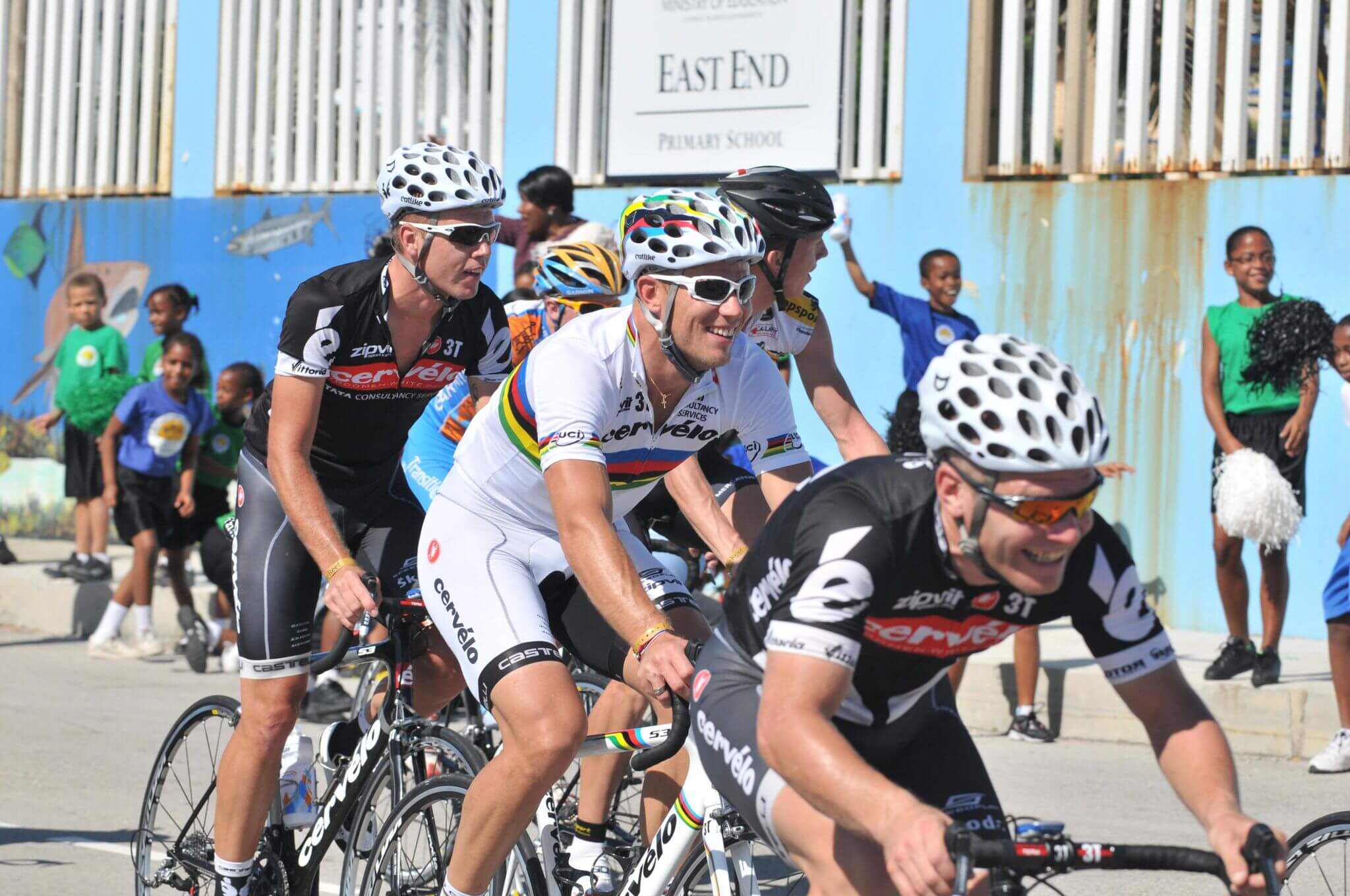How far are you willing to push in order to succeed?
I am catalysed to write this by an article by Richard Moore, a journalist and author I hold in high regard, written in advance of a key documentary going out on BBC on November 19, 2017, in which he concludes :
“..questions that are being increasingly asked about elite sport: how far is it acceptable to push; how close to the line do you want to go?”
Take a moment and consider this for your own leadership. Leadership of your business, leadership in your family, leadership of your own self. How far is it acceptable to push? How close to the line do you want to go?
I have always been fascinated by elite performance and what it takes to really maximise full potential, including choices that have to be made that lead to sacrifices, willing or unwilling.
One area I have focussed on for quite some time, then, is pro cycling.
The BBC documentary talks about the culture of fear that became embedded in British Cycling and Team Sky in the last 10 years. Back in 2011 I saw “red flags” in phrases from the leader of that organisation such as “zero tolerance” and firing anybody who it turned out had anything at all to do with doping in pro cycling. This approach was inevitably going to escalate into a climate of fear in which “pushing” would lead to going over “the line”. It now seems clear that this happened.
In short, those passionate about the sport of cycling as well as the general British public no longer trust in Team Sky.
Fear and Trust cannot co-exist.
Now, let me talk to you about an alternative approach that stays with me and from which I learned a lot to take forwards in my life and work with leaders. In 2010 and 2011 I spent time with another pro cycling organisation, at a time when they merged together two of the top teams in the world, including the current world champion.

To say that it was an open secret that doping had been all-pervasive in the sport would be to take it too far, it was still “under wraps” to a large extent. However, as I spent a week with the team in the Cayman Islands I was really impressed by the huge drive they had at all levels to lead the way on being a clean team.
I wrote about this after the camp in early 2011 with some initial lessons. However, I chose to honour the team’s culture and did NOT write at the time about the fact that the team had not one, but several high profile athletes in the team who had all doped earlier in their careers, as well as key staff who had been part of teams where this was known to happen. In short, doping history was rife in the team, but they kept it to themselves until the world of cycling exploded in 2012 with Lance Armstrong’s confessions.
The choice of Jonathan Vaughters in forming and leading this team was to choose to accept those who a) were repentant, and b) were as passionate as he was about reforming the sport. He chose acceptance, he chose a group of people committed to build a new culture and rebuild trust and integrity in the sport.
In this, David Millar took a huge leadership weight on his shoulders. David was a convicted drug cheat, as he writes about in Racing through the Dark, published in 2012. Again, in 2012, not before. David absolutely carried the weight for several years, giving the other veterans in the team (who had doped in the past) the space to lead by racing clean, living clean and mentoring and inspiring the younger riders in the team who had come into the sport unravaged by the doping culture of earlier years.
In 2012 everything came out into the open, including several veterans making admissions and being suspended, but not before the team and those in it had created real change and momentum in drug reform throughout the sport.
Jonathan Vaughters then wrote an op-ed in the NY Times in 2012 titled “how to get doping out of sports”. “JV” is powerfully driven to lead against doping in sports, and much of this comes from his own experience. He too was a pro cyclist who doped, you see?
Read the following part of the article and get a sense for his passion. Though his team has not yet reached the true heights of the sport in the way Team Sky did in the last few years, I put it to you that by taking the approach they did, they have enriched many lives. This may give JV an ironic smile, but richness is about more than money, richness is in the legacy we leave. Thank you, Jonathan. Over to you, JV :
“if the reality of sport then had been different, perhaps I could have lived my dream without killing my soul. Without cheating. I was 15 years younger then, 15 years less wise. I made the wrong decision, but I know that making that right decision for future generations must begin by making the right choice realistic. They want to make the right choice. This is the lesson I have learned from young athletes and why I have made it my life’s work to help make the right choice real.“
I am also reminded of Dr King :
“Darkness cannot drive out darkness; only light can do that. Hate cannot drive out hate; only love can do that.”
In closing, Pete Stetina, in 2010 a young potential star and now an established star pro, said of me
“Tom McCallum is the ultimate optimist – at first it didn’t seem so promising, but he kept at it and believed it, even when other people didn’t”.
Yes, I am an optimist, and it takes one to know one, Pete!
